Shopping Cart
All orders qualify for risk-free 30 day trial & complimentary US shipping!
-- No items so far --
Total:
0
Support
Need help? Our Pool Experts are here to help.
All orders qualify for risk-free 30 day trial & complimentary US shipping!
-- No items so far --
Total:
0
Need help? Our Pool Experts are here to help.
Although pool equipment is not the most glamorous part of a swimming pool, it is the single most important factor in water quality. And without quality water, a masterpiece swimming pool can quickly resemble an algae filled pond. Selecting the right pool equipment can be challenging. There are no standards for pool equipment that allow buyers to compare efficiency and effectiveness across manufacturers. Recommendations from pool builders will vary greatly. Many builders and service folks are not current with the latest technology which can automate manual tasks, save you hundreds or thousands of dollars each year, and make your water a breeze to manage. The good news is that with the information below, you can make sure your pool equipment is both cost effective and efficient to operate.

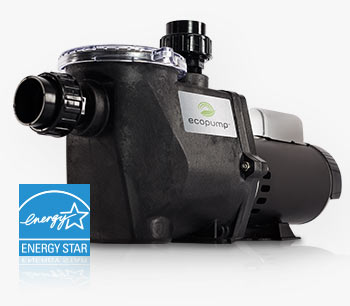
Perhaps the most important pool equipment you will ever purchase, the pool pump is the heart of the pool. For years, swimming pool builders commonly sold high horsepower pool pumps. Some sold the larger pumps to gain a perceived advantage over their competitors. But is more horsepower better when it comes to pool pumps? Absolutely not. A horsepower pool pump can send your utility bill through the roof. Just how much power can a pump use? Try 2,000 – 2,500 watts. That’s like burning 20 – 25 one-hundred watt light bulbs at once.
Energy efficient pool pumps have been sold for years. But there was one problem with most of these pumps. There was nothing energy efficient about them. Unfortunately, there are not standards for pool pumps and no governmental regulations. So any manufacturer could call their pool equipment “energy efficient”. We've identified two truly effiicient, green pumps.
You don’t have to let the wrong pool equipment inflate your electric bill. It’s pretty easy to calculate how much a pump will cost you to operate. We’ll help you find out how energy efficient your current pump is, and any pump that you’re considering. Ohm’s law tells us that if we know the voltage and the amps, we can determine the wattage. And wattage is what you’re electric company charges you for.These two pumps circulate water using less than two amps.
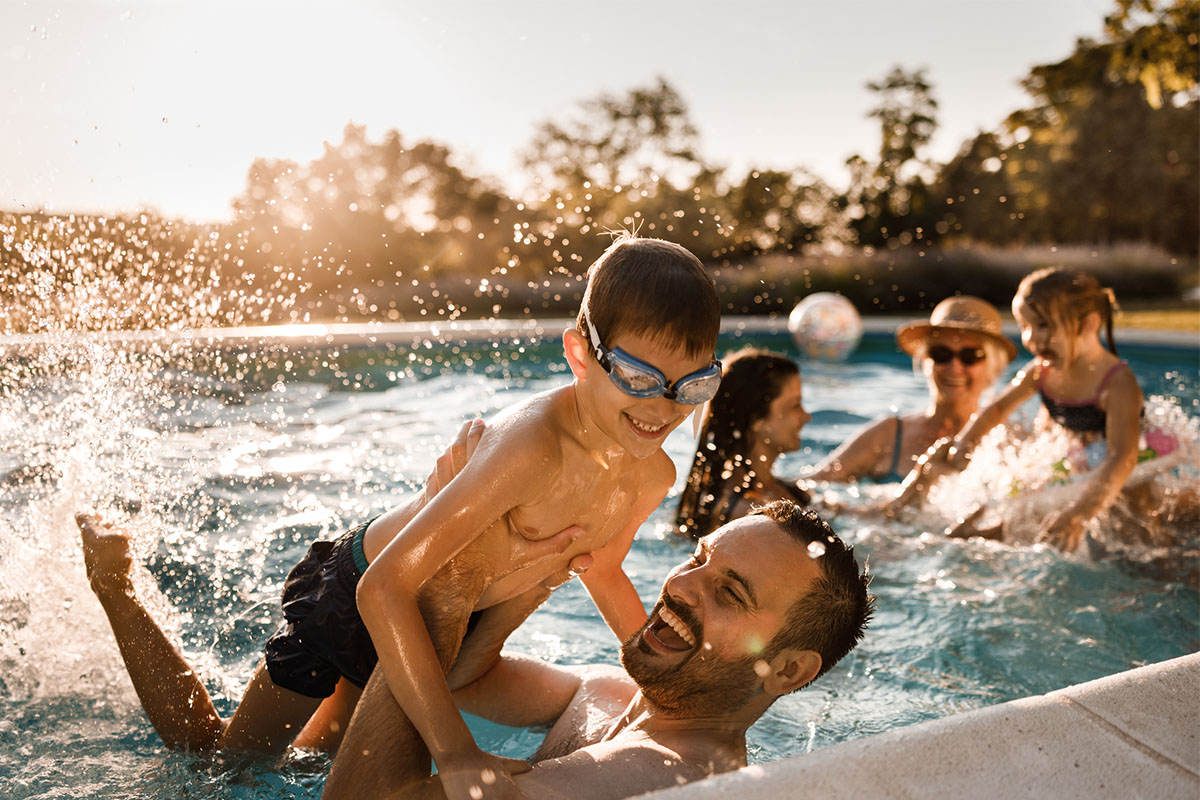
Calculating the wattage used by a pool pump is easier than you might think. We don’t even need a fancy online calculator for it. We simply look up the voltage and amp ratings and perform a quick calculation to determine the watts. Learn how to determine the wattage.
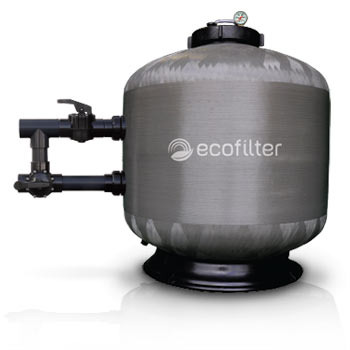
Good pool filter equipment is nearly as important as a good pump. Pool filter remove small particles that create water turbidity (unclear water). High quality pool filter equipment should do it’s job effectively, be easy to clean, and not cost a fortune. There are three types of pool filters. Learn more about each and which is best for your swimming pool.
Some folks believe that pool automation equipment turns on your pump or pool cleaner. That’s one type of automation. But that’s not true water quality automation that’s found on commercial pools. Commercial pools and residential pools both hold water, but that’s where the similarities stop.
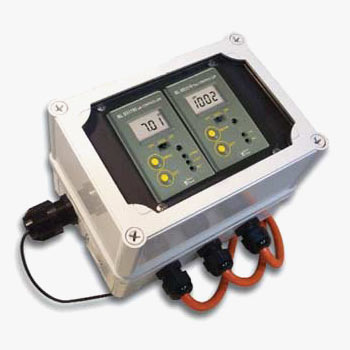

Most residential pools rely on manual water testing and manual water chemistry adjustments. Some backyard pools have crude “automatic chlorinators” or salt chlorine generators. While these devices do add chlorine, they almost always add chlorine in the wrong amounts. These devices are not capable of determining the pH or the level of sanitizers in the water, and adjusting their output. They rely on a person to provide an educated guess as to how far to turn the adjustment dial to release chemicals. There is no feedback loop, so this level of sanitizer released is almost always too high, too low, or it will become too high or too low soon. And to make matters more difficult for pool owners, they provide no way of adjusting pH as the chlorine is added to water. The big problem with this is that chlorine either raises or lowers the pH, depending on which type of chlorine used. This creates a vicious cycle of chemicals and many headaches and hassles for the pool owner. Imagine two graphs, one pH and one chlorine, that are constantly jumping back and forth in opposite directions. It’s like trying to hit a moving target.
What if I told you there is a way to automatically test and add the correct amount of pH adjuster and chlorine to a pool? What if I told you this could be done automatically, every minute of every day, 365 days per year? Well believe it, residential pool automation equipment is here.
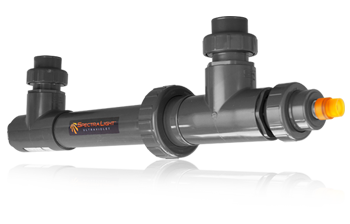
The newest pool equipment to gain popularity with pool owners is the ultraviolet pool system. UV systems have been used in commercial pools for years, with great success. What if I told you that there’s a magical and revolutionary device that allows you to lower chemical demand by up to 80 or 90%, lower chlorine levels to drinking water levels, and make your pool safe, healthy and easier to manage? All those things and more are possible, thanks to the power of ultraviolet light disinfection.